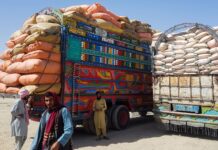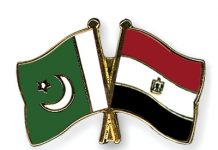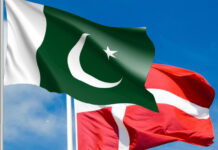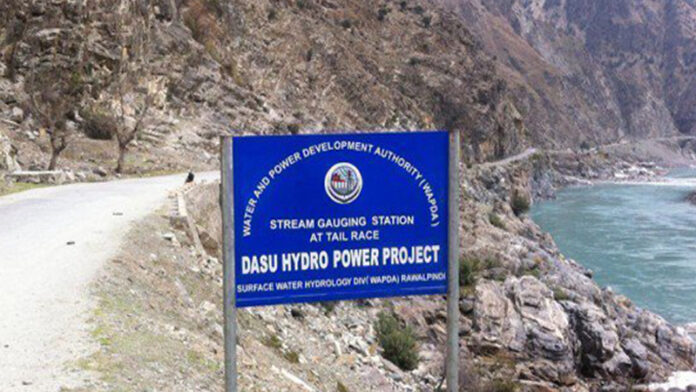ISLAMABAD: Pakistan and the World Bank have reached an agreement to fast-track the implementation of the Dasu Hydropower Project (DHP), a key initiative set to build a 242-meter tall dam and a 4,320 megawatt (MW) hydropower station.
World Bank’s Vice President for South Asia, Martin Raiser, shared the development in a post on X, following a meeting with Pakistan’s energy ministers, Sardar Awais Ahmad Khan Laghari (Power) and Musadik Masood Malik (Petroleum). Both sides expressed their commitment to cleaner energy and efforts to reduce system losses and costs.
In a follow-up, Raiser confirmed that the World Bank would send an Implementation Support and Progress Review Mission from February 10 to March 5, 2025, to assess the project’s first stage.
The Dasu project is being developed in two 2,160 MW phases, with the first phase expected to generate power by July 2027. The ambitious project, with a total height of 242 meters (794 feet), will be pivotal in addressing Pakistan’s growing energy demands.
Last month, the Ministry of Economic Affairs raised concerns over the project’s slow progress, primarily due to logistical issues such as restricted transportation for international experts and a shortage of armoured vehicles for safety within project zones. Furthermore, the final agreement for additional financing of $1 billion remains pending due to delays in securing approval for the revised project plan (PC-1) by the Water and Power Development Authority (WAPDA).
On another note, Minister Awais Leghari urged the World Bank to allocate funds for installing smart meters at distribution-level transformers to enhance transparency and improve load management. He emphasized that without these meters, achieving efficient load distribution would remain a challenge.
The meeting also saw discussions on increasing World Bank investment in smart metering projects under the Public-Private Partnership (PPP) model for distribution companies like Lahore Electric Supply Company (LESCO) and Multan Electric Power Company (MEPCO). These companies are among those slated for privatisation.
Both sides agreed to intensify coordination on the power sector and explore avenues for better utilization of funds, ensuring more effective policy-making and project implementation moving forward.
























